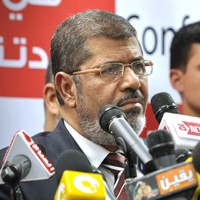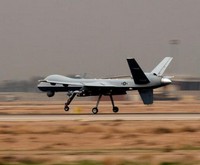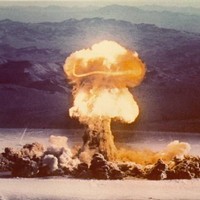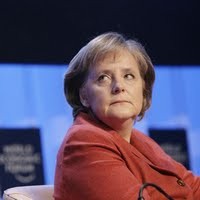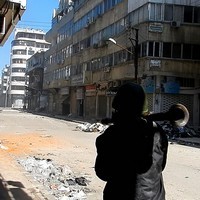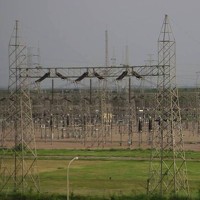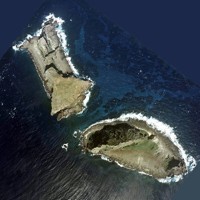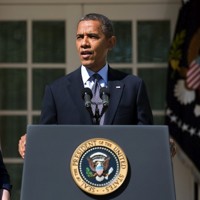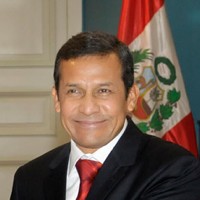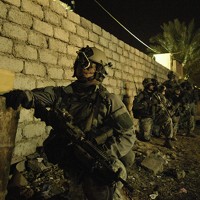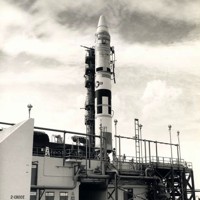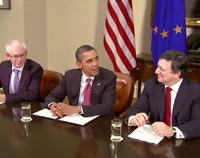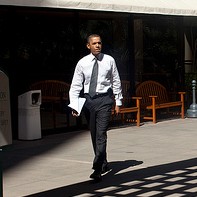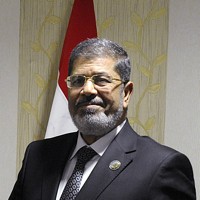
Writing 10 years ago in Orbis magazine (.pdf), Ray Takeyh and I argued that, if a wave of democratization were to topple formerly pro-American autocrats in the Middle East, the new Arab democracies “would seek what they perceived to be equitable and fair relations with the United States, but object to . . . cumbersome American . . . demands, especially regarding Israel.” The speech delivered this week by Egypt’s first democratically elected president, Mohamed Morsi, at the United Nations General Assembly has confirmed this analysis. Unlike Iranian President Mahmoud Ahmadinejad, whose pronouncements before the international community regularly conform to […]

